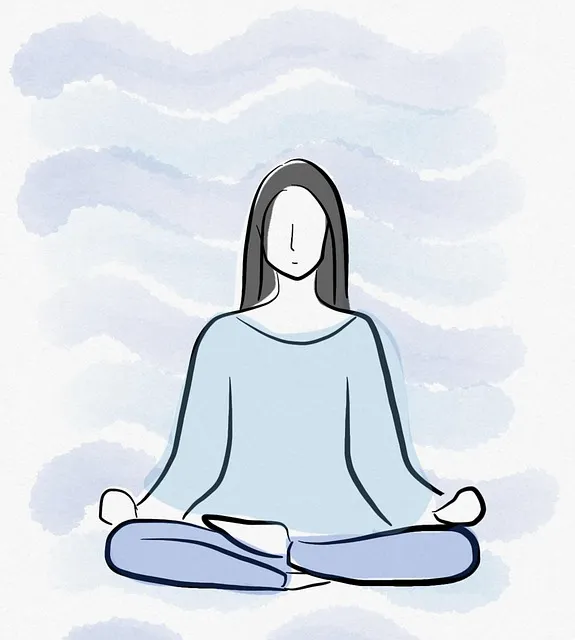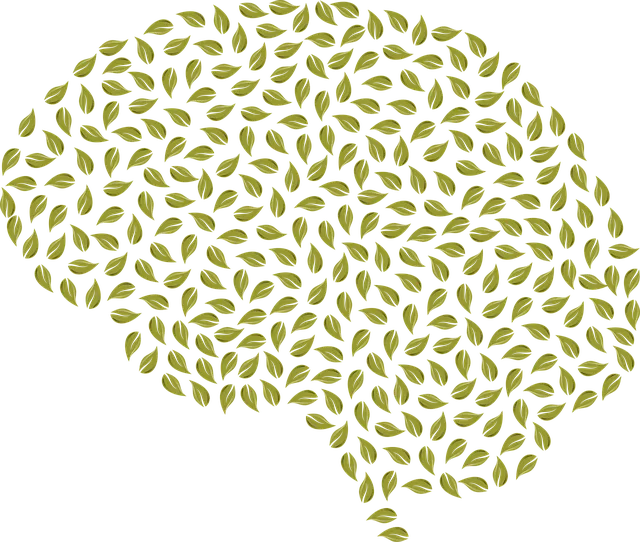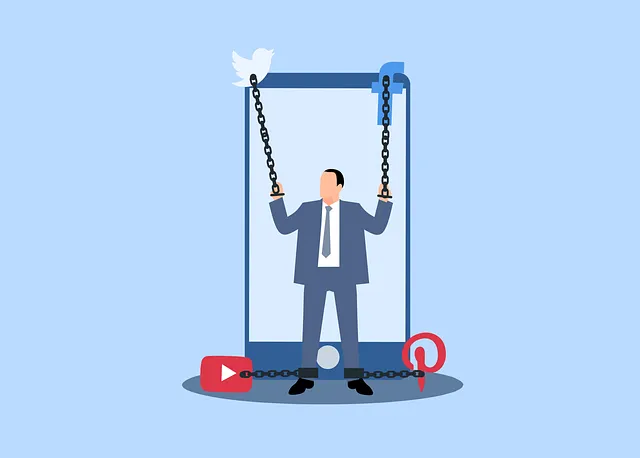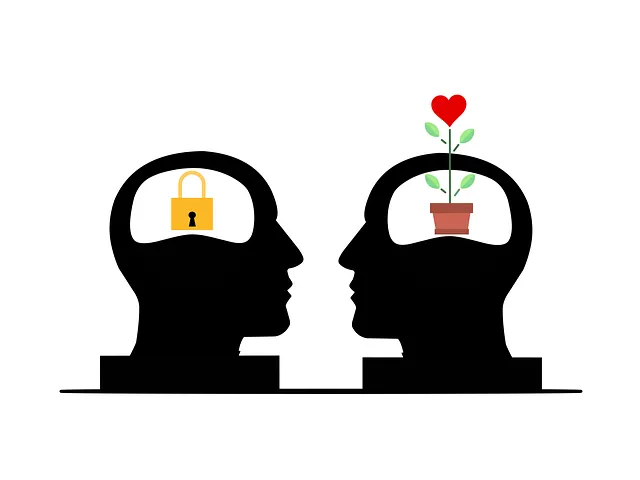The Castle Rock Kaiser Permanente mental health center offers comprehensive stress management programs addressing personal and societal factors. Mindfulness techniques, Cognitive Behavioral Therapy (CBT), and personalized lifestyle changes focus on holistic well-being. Their cultural competency training ensures diverse, sensitive care while promoting proactive stress disruption for improved quality of life.
At Castle Rock Kaiser Permanente mental health center, stress management is a priority. This article explores effective techniques to understand, mitigate, and prevent stress at its root. We delve into evidence-based strategies, including mindfulness practices for daily relaxation, cognitive behavioral therapy (CBT) for shifting stressful thoughts, and lifestyle changes promoting mental well-being. By integrating these insights, individuals can enhance resilience and lead more balanced lives within the vibrant community of Castle Rock.
- Understanding Stress: Causes and Impact at Castle Rock Kaiser Permanente
- Mindfulness Techniques for Daily Relaxation and Resilience
- Cognitive Behavioral Therapy: Shifting Stressful Thoughts and Behaviors
- Lifestyle Changes for Improved Mental Well-being and Stress Management
Understanding Stress: Causes and Impact at Castle Rock Kaiser Permanente

At Castle Rock Kaiser Permanente mental health center, understanding stress goes beyond mere definition; it involves recognizing its multifaceted causes and profound impact on individuals’ lives. Stress is a natural response to various factors, including work pressures, personal relationships, financial constraints, and even cultural influences. At our healthcare provider cultural competency training programs, we delve into these aspects to equip people with effective stress management techniques. Burnout prevention is a significant concern in today’s fast-paced world, and Castle Rock Kaiser Permanente is committed to providing tools that foster resilience against chronic stress.
Our experts emphasize the importance of identifying personal stressors and developing coping mechanisms tailored to individual needs. By participating in our workshops, patients gain insights into the cyclical nature of stress and learn strategies to disrupt these cycles proactively. We believe that addressing stress holistically, considering both mental and physical health aspects, is key to enhancing overall well-being. This approach resonates with the diverse community we serve, ensuring that everyone receives culturally sensitive care aimed at improving their quality of life.
Mindfulness Techniques for Daily Relaxation and Resilience

At the Castle Rock Kaiser Permanente mental health center, mindfulness techniques are recognized as powerful tools for achieving daily relaxation and building resilience. These practices, such as Mindfulness Meditation, encourage individuals to focus on the present moment, reducing the impact of stressful thoughts and emotions. By cultivating awareness of one’s breath, body sensations, and surroundings, people can develop a deeper sense of calm and clarity, fostering better mental health.
Incorporating mindfulness into daily routines, whether it be during commute or in moments of quiet, can significantly contribute to Mental Illness Stigma Reduction Efforts by promoting self-care. Self-Care Routine Development for Better Mental Health is not just about taking breaks; it’s about cultivating a mindset that values and prioritizes emotional well-being. Through regular practice, individuals can enhance their ability to navigate life’s challenges with grace and equanimity, strengthening their mental fortitude.
Cognitive Behavioral Therapy: Shifting Stressful Thoughts and Behaviors

Cognitive Behavioral Therapy (CBT) is a powerful tool for managing stress and offers individuals a chance to reframe their thoughts and behaviors. This therapeutic approach, available at Castle Rock Kaiser Permanente mental health center, helps people identify and challenge negative or distorted thinking patterns that contribute to stress and anxiety. By understanding the connection between thoughts, feelings, and actions, CBT empowers individuals to replace unhelpful thought processes with more realistic and positive ones.
Through CBT, patients learn effective communication strategies and resilience-building techniques to cope with stressful situations. This involves becoming aware of automatic negative thoughts and replacing them with balanced alternatives. Additionally, CBT encourages the development of Self-Care Practices tailored to each individual’s needs, ensuring they have a toolkit to navigate and reduce stress in their daily lives.
Lifestyle Changes for Improved Mental Well-being and Stress Management

At Castle Rock Kaiser Permanente mental health center, we understand that stress management begins with lifestyle changes tailored to individual needs. Incorporating regular physical activity, a balanced diet, and adequate sleep can significantly reduce symptoms of anxiety and depression, enhancing overall mental well-being. Engaging in activities like yoga, meditation, or even spending time in nature has been shown to promote relaxation and mindfulness, effective tools in stress management.
Beyond these habits, cultivating strong social connections and practicing techniques for emotional regulation are vital components of our approach. Encouraging open communication with a healthcare provider who is culturally competent, as demonstrated through Kaiser Permanente’s extensive training programs, can create a safe space for individuals to discuss their mental health concerns. This holistic understanding of Mental Health Awareness ensures that stress management becomes an integral part of one’s overall lifestyle, fostering resilience and improved quality of life.
At Castle Rock Kaiser Permanente mental health center, we’ve explored various stress management techniques, from understanding the root causes of stress to implementing powerful tools like mindfulness, cognitive behavioral therapy, and lifestyle changes. By integrating these strategies into daily routines, individuals can enhance resilience, improve mental well-being, and lead more balanced lives. Remember that managing stress is a personal journey, and what works for one person may differ for another. Therefore, it’s essential to experiment and find the techniques that best suit your needs, ultimately empowering you to navigate life’s challenges with greater ease.






